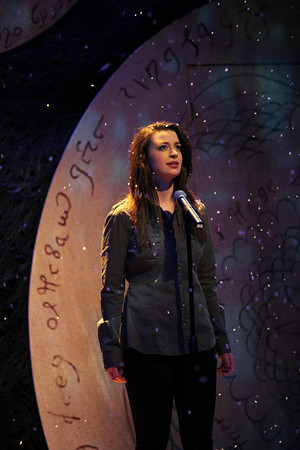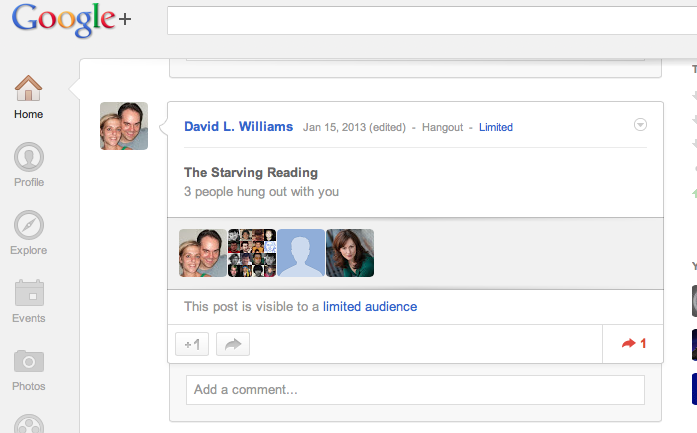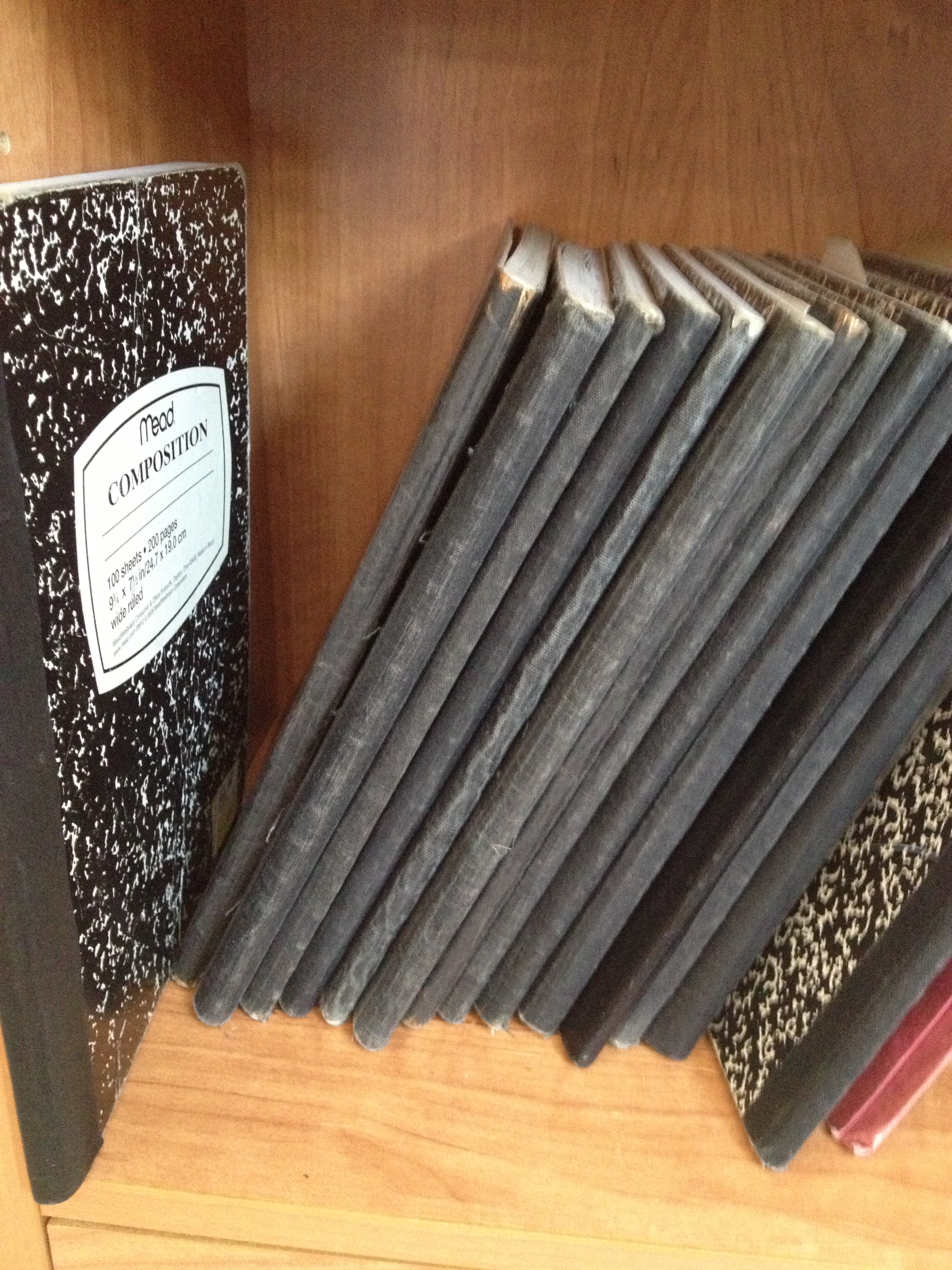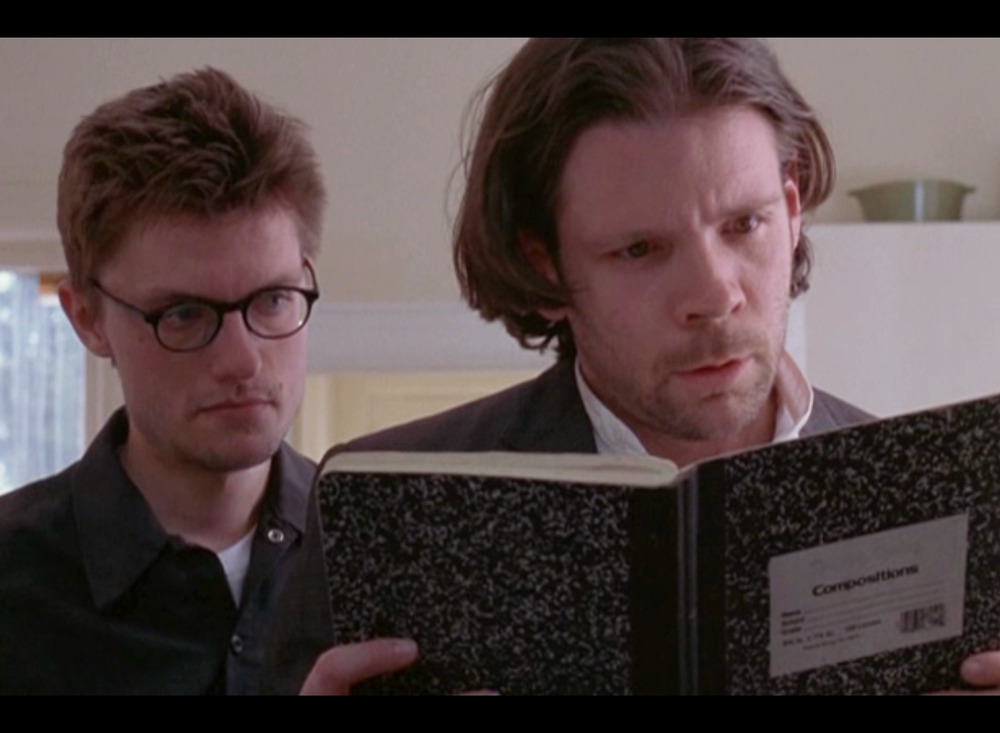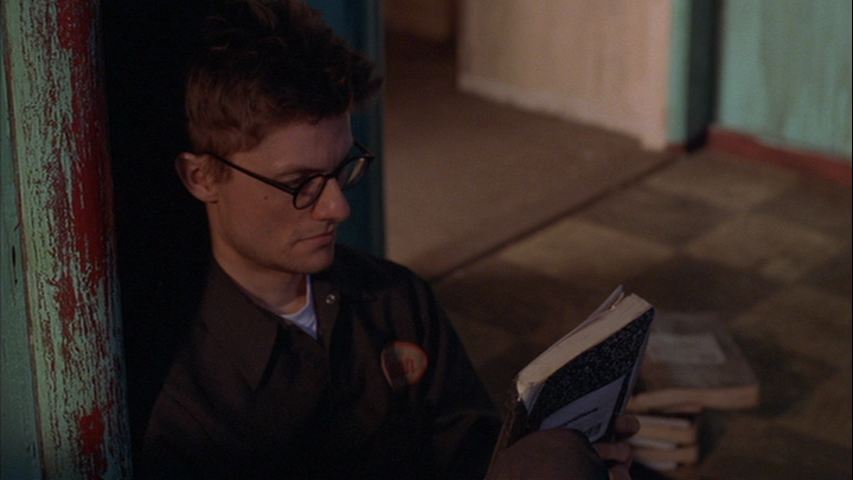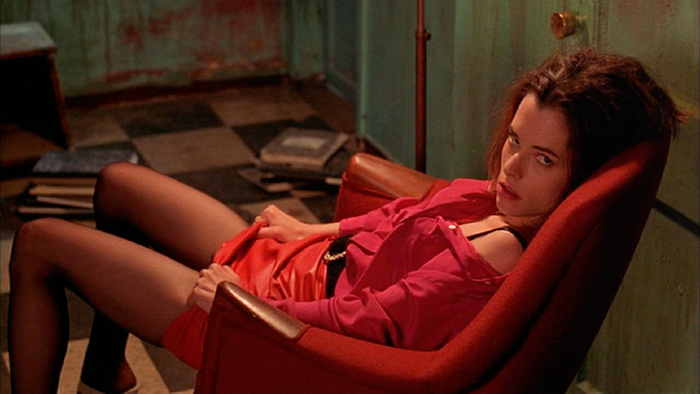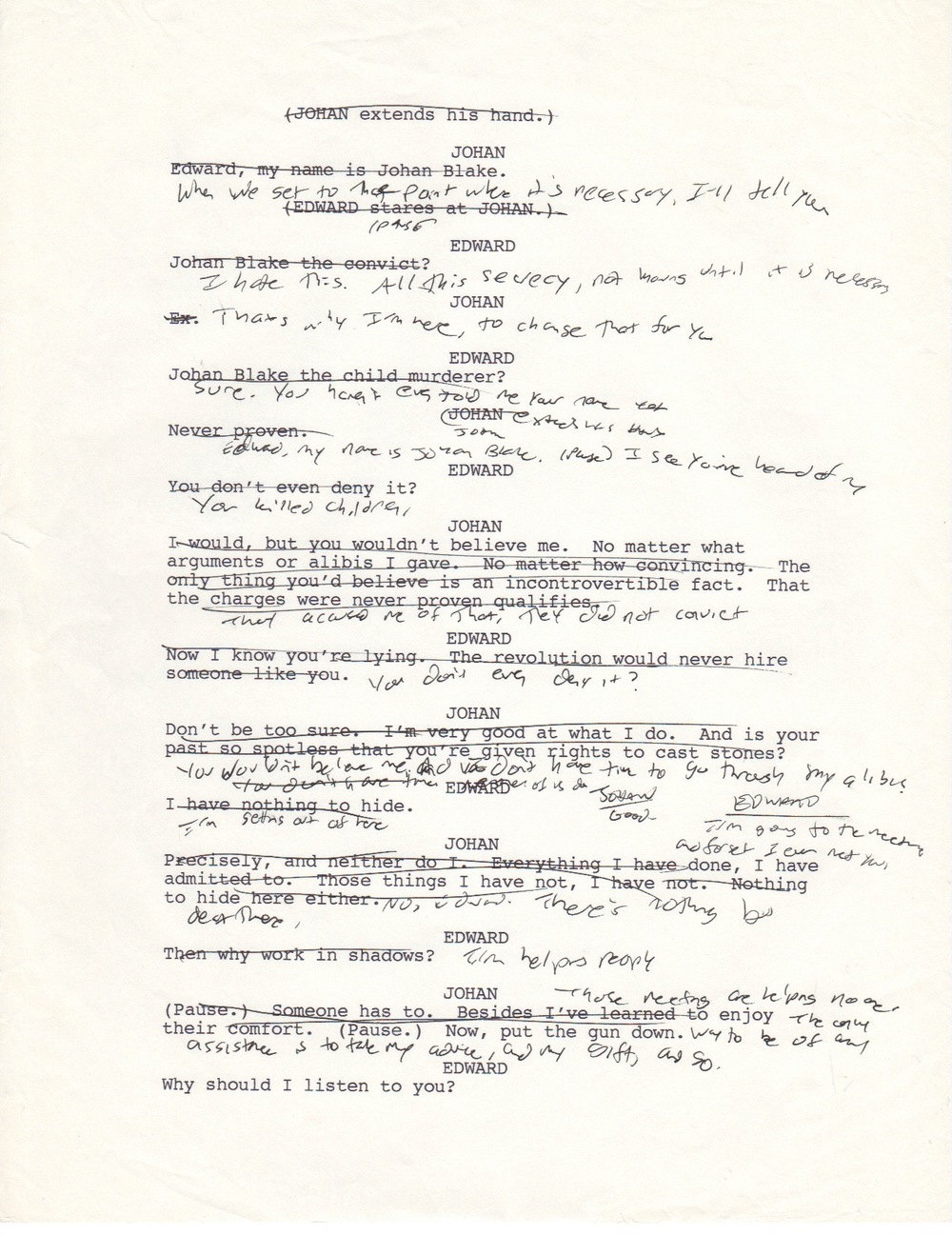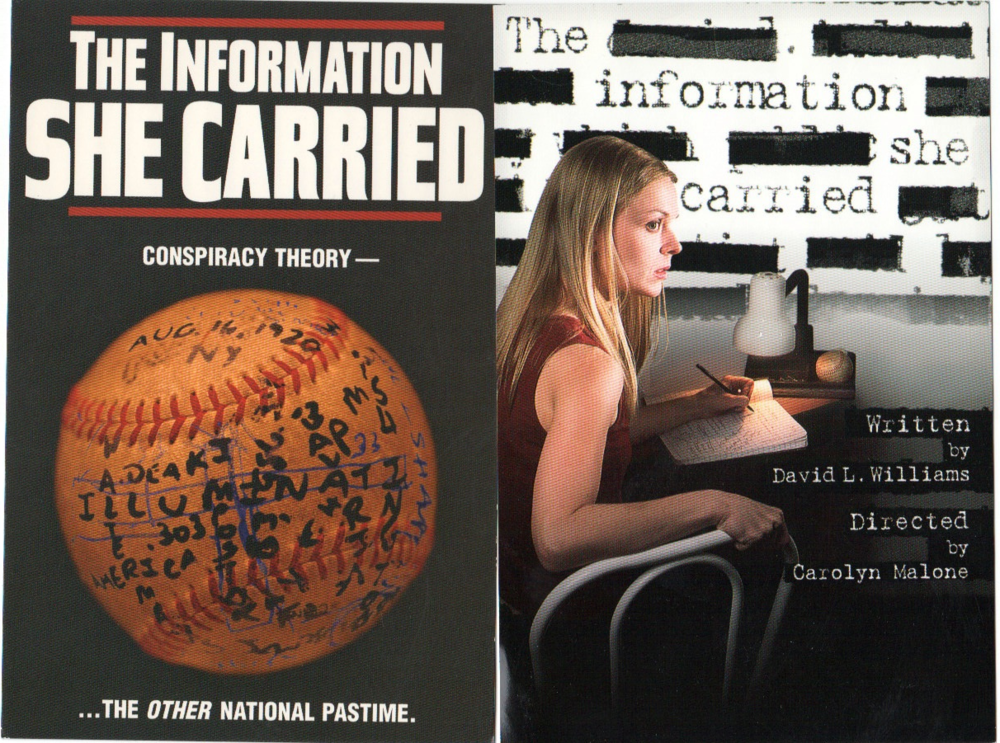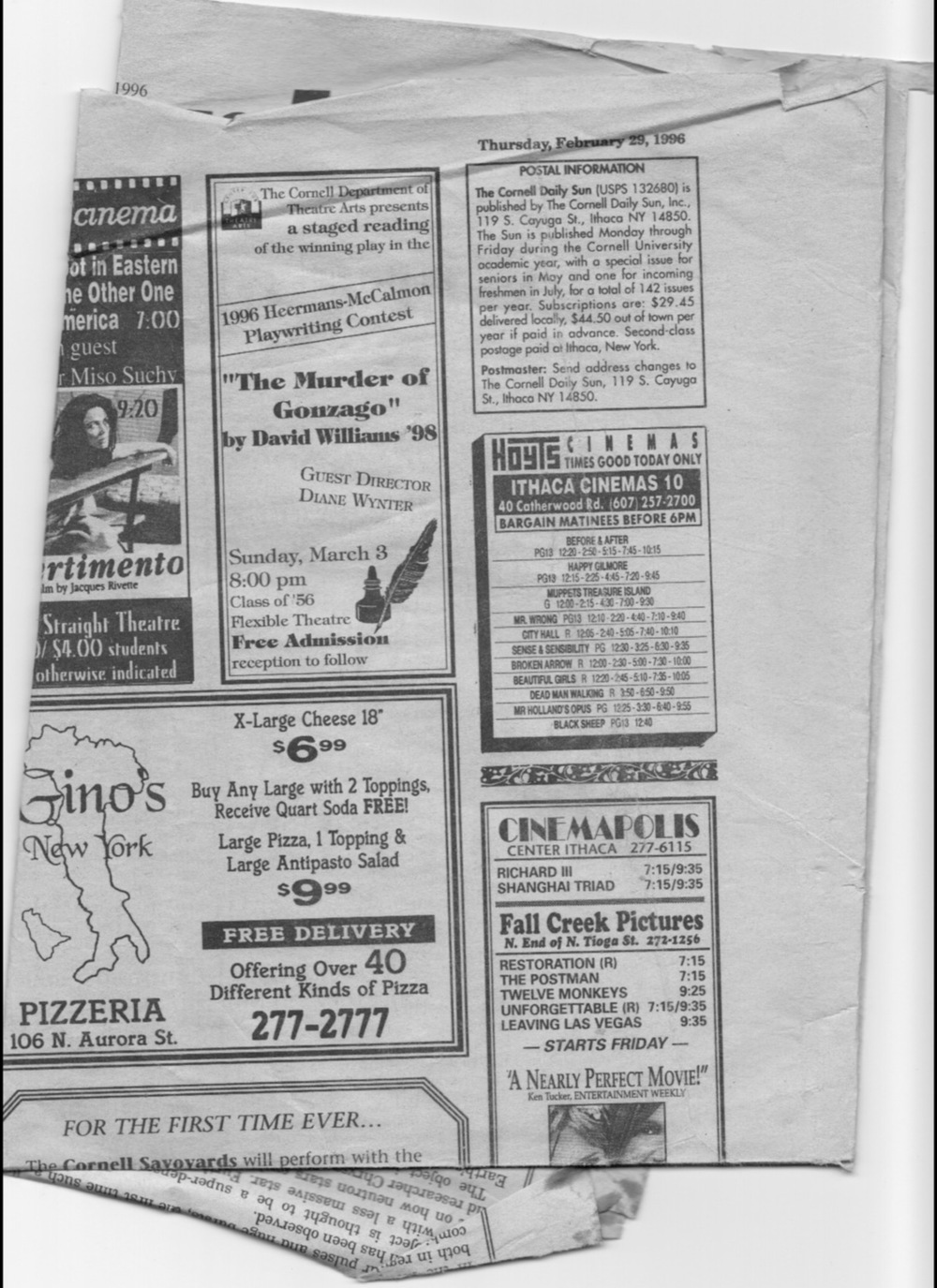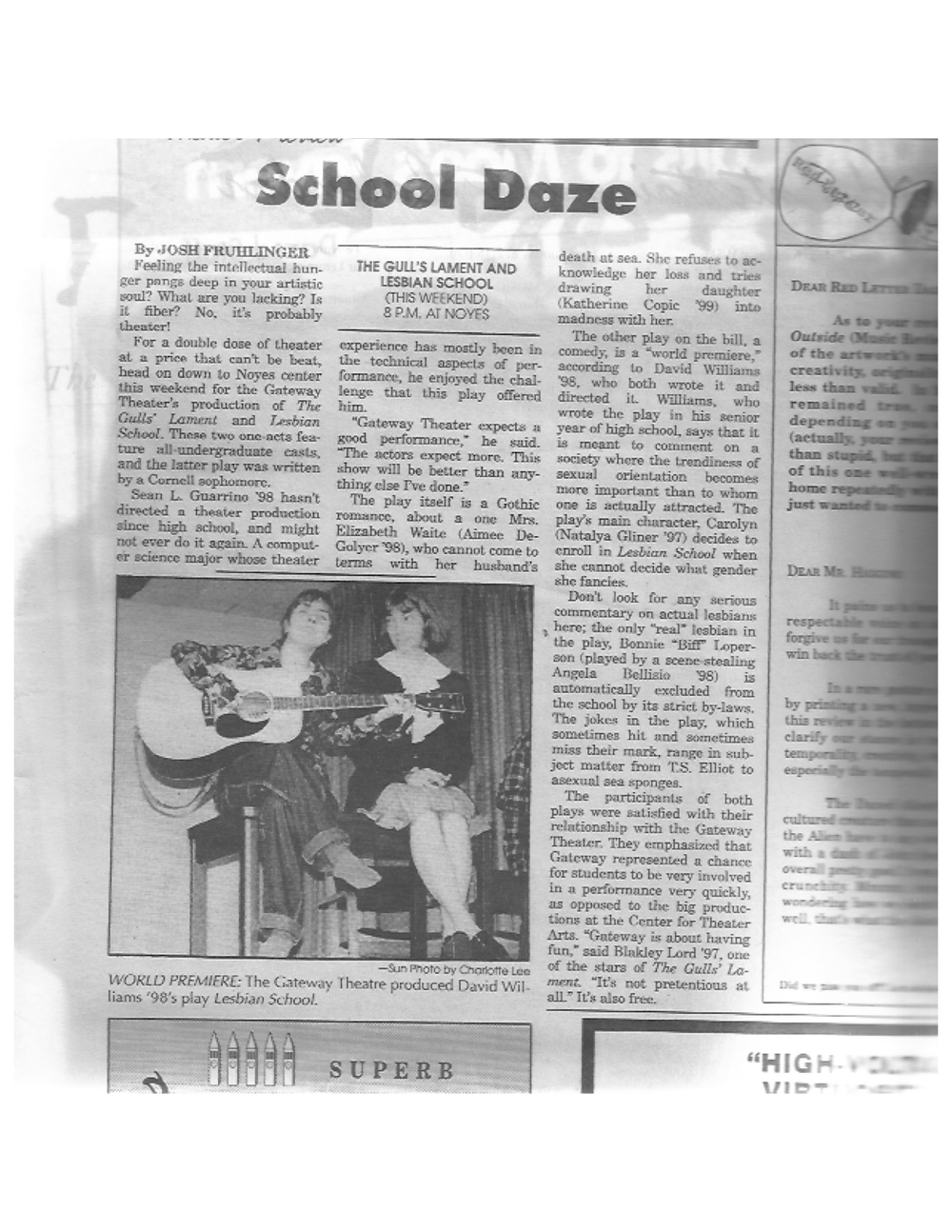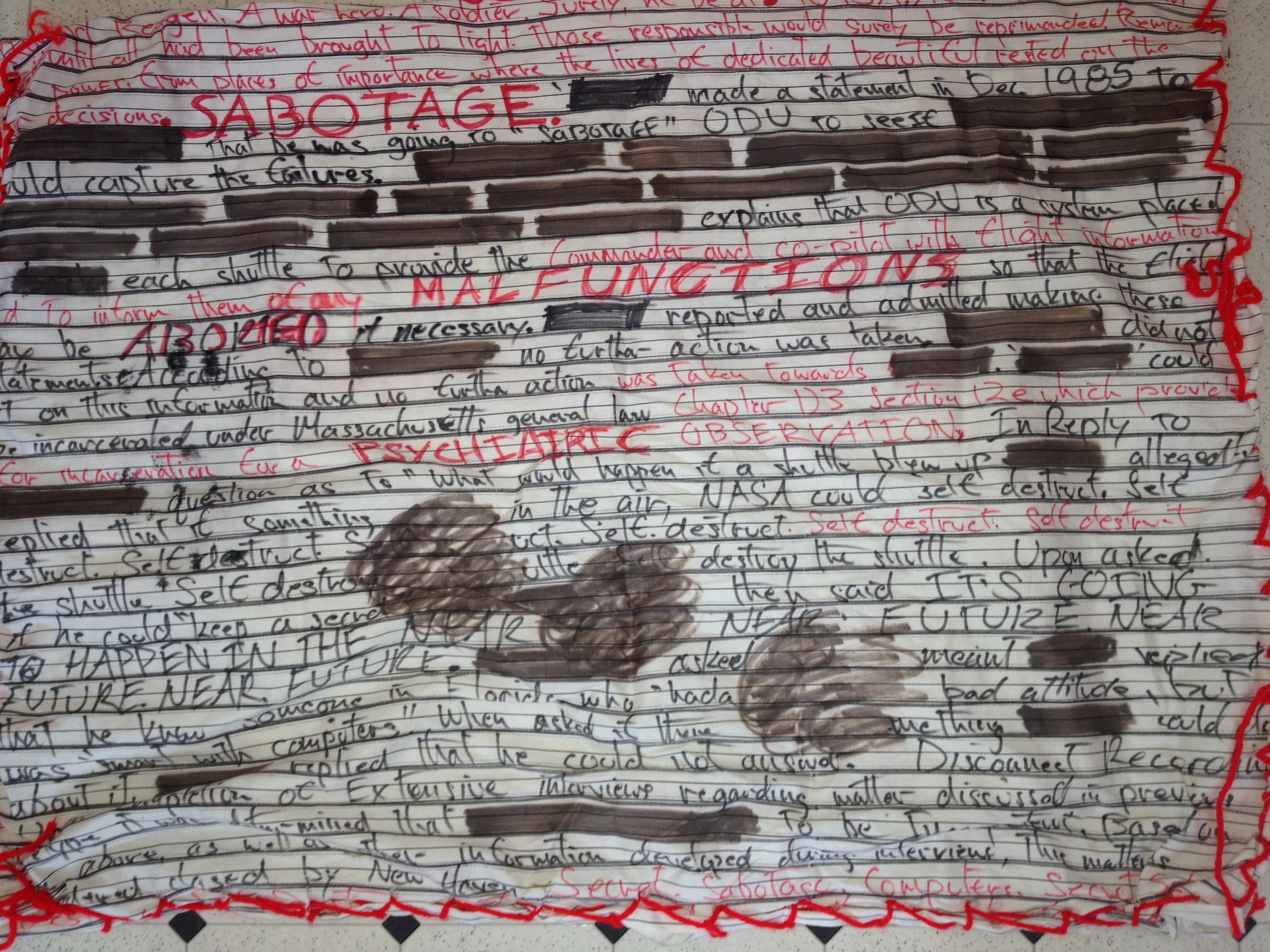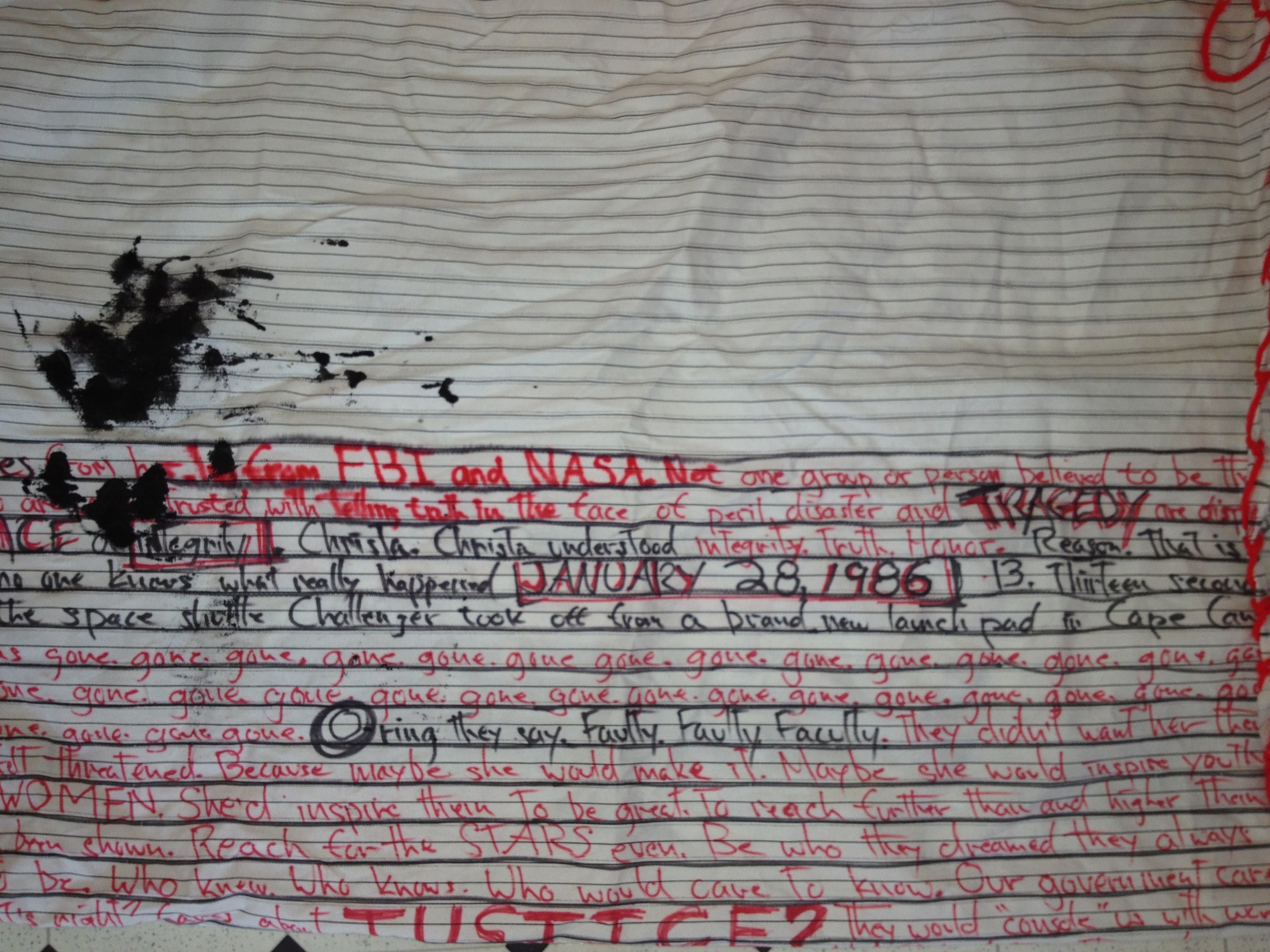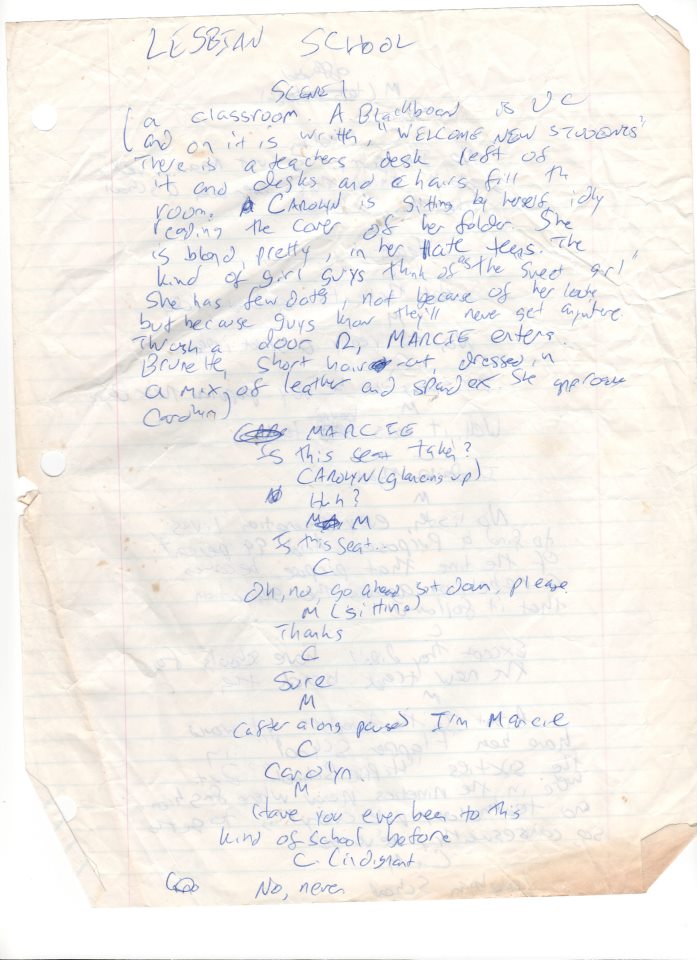Some plays sit in a drawer for a year, some for five years, and then there's the play you wrote in 2001 and it still hasn't seen the (stage)light of day. That would be Spake. Or it was Spake until a few weeks ago.
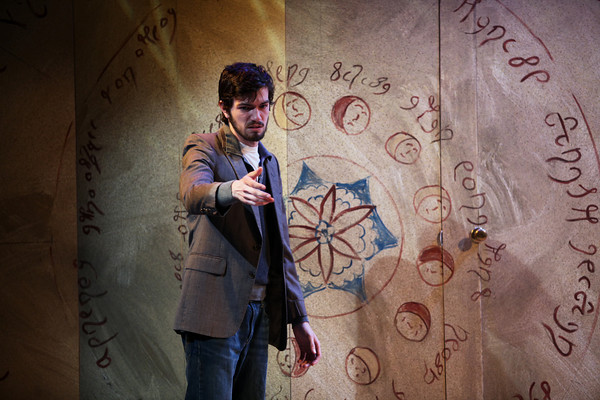
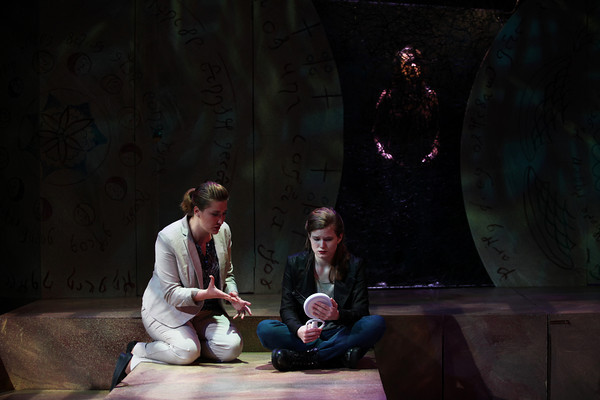
On Friday, April 19th, Spake had its world premiere as part of Northern Kentucky University's YES festival. This festival is unique in that it is the only festival of new plays produced by an undergraduate program in the country. I'll admit to harboring a tiny bit of concern that 18-22 year olds would be performing my play, but those worries went away when I saw a dress rehearsal of Spake, directed by the generous and talented Mike King and stage managed by the fantastic Chandler Baer. At that point I was wondering: why don't more undergraduate programs have festivals like this?
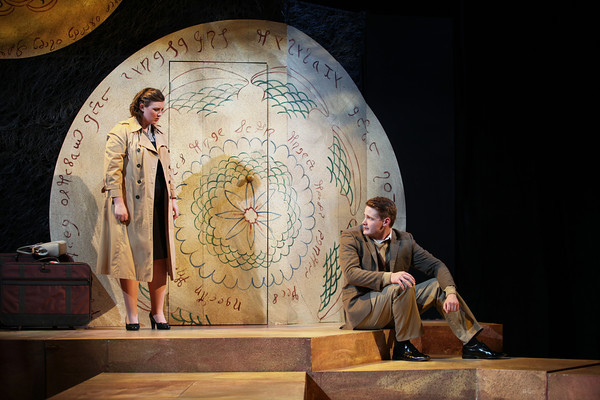
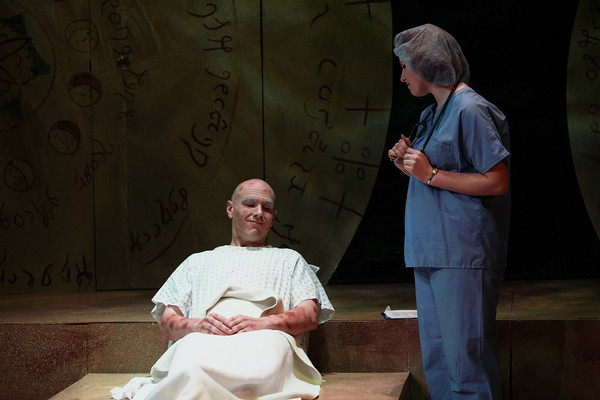
What a valuable experience for actors who will soon be leaving school and may be venturing out into cities where they will be performing in festivals or in off-off-Broadway shows that are between drafts! These actors (who happened to be students) couldn't have been more professional in the way they handled line changes or scenes that were cut. They recognized that a play that is premiering is still an evolving entity, and they did everything they could to make sure the production they put on was a terrific one. Plus, their performances, the designs, the entire show, all were wonderful; what a fantastic experience!
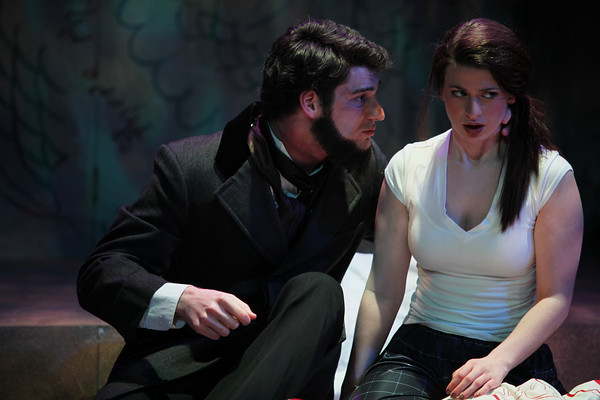
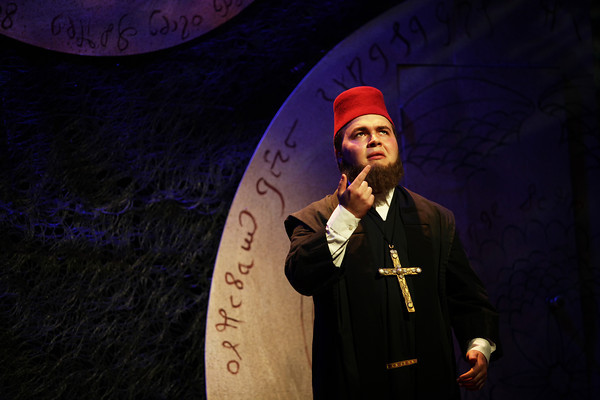
And they made it snow on stage! There are few things more magical in theatre than that.
